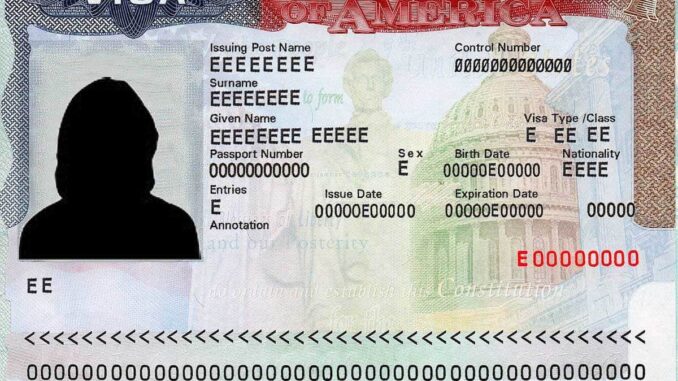
South Sudan has condemned the U.S. Government’s decision to revoke visas for all South Sudanese nationals, arguing that the action is unfair and stems from a case of mistaken identity.
The move follows claims by U.S. Secretary of State Marco Rubio that South Sudan had failed to cooperate in accepting the return of a deported national. On Monday April 7, South Sudan’s Foreign Ministry clarified that the individual involved was, in fact, a Congolese citizen, not a South Sudanese national.
The ministry provided evidence to U.S. authorities confirming the misidentification and expressed disappointment that the incident led to a blanket visa ban for its citizens.
In response to the U.S. decision, South Sudan’s Information Minister, Michael Makuei Lueth, argued that the move was an overreaction and based on an isolated incident. He stated that the U.S. was using the situation as an excuse to find fault with South Sudan’s internal affairs, particularly its handling of foreign deportations. He emphasised that no sovereign nation would willingly accept the return of foreign nationals without a clear and fair process. South Sudan has long maintained a collaborative relationship with the U.S., and the government expressed regret that this decision was taken despite the longstanding partnership.
The dispute, which centers on a single individual, has raised concerns about the impact of the visa revocation on the broader relationship between the two nations. While the U.S. has indicated that no new visas will be issued and will only review the situation when South Sudan fully cooperates, the exact number of South Sudanese nationals affected by the decision remains unclear. The U.S. has reiterated its stance, citing the lack of cooperation from South Sudan in this particular case, though South Sudan continues to challenge the fairness of the decision.
